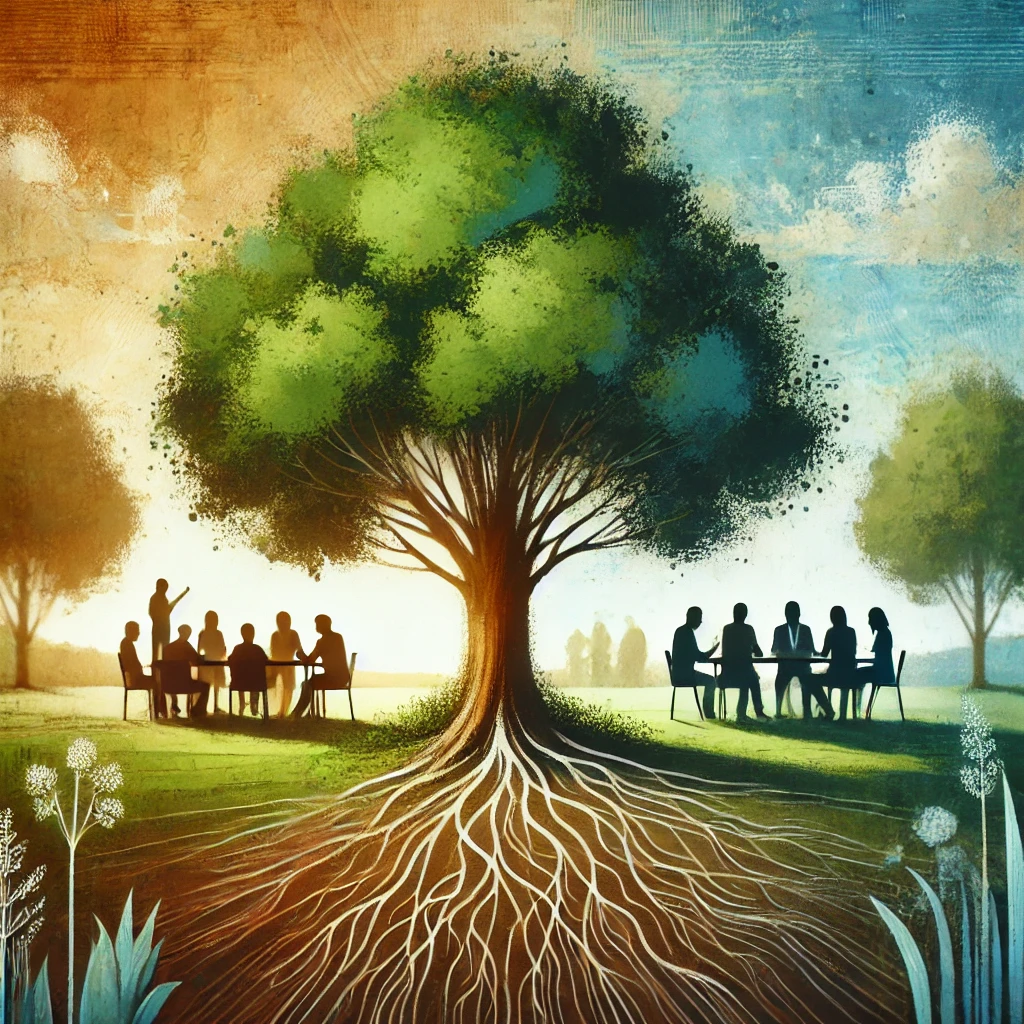

- Admin
- 3 Comment
Consulting in the Development sector
Consulting in the context of development programs is a broad and multifaceted field rather than a single job title with a universally accepted set of roles. Development consulting is akin to a tree with various branches. While it is rooted in a shared purpose, each branch grows in its own direction, taking on different roles, approaches, and expertise to contribute to the bigger picture.
Essentially, development consultants are professionals who offer their specialized knowledge and advice to organizations working on development projects. They’ve typically gained deep understanding of a particular field through work or research, allowing them to provide fresh perspectives and practical solutions.
Development Consultants are independent experts or specialized professionals hired on a contract basis to provide targeted expertise, strategic advice, or technical support to development organizations, governments, NGOs, or donor-funded projects.
Unlike regular project staff, who are full-time employees managing or implementing projects, consultants usually focus on bridging knowledge gaps, assessments, and capacity-building interventions without long-term attachment to a single program or organization.
In 2023, it is estimated that around USD 224 billion was provided in development assistant from multiple bilateral and multilateral donors. This money is allocated to various humanitarian and development programs aimed at emergency relief, poverty alleviation, economic development, battling climate change, and many other noble causes. These programs are implemented through the bilateral and multilateral development organizations, Civil Society Organizations, local governments, and/or private development consulting firms.
So how do development consultants fit into this? Consultants have usually spent a good amount of time engaged in a particular subject, which allows them to offer new approaches on solving a particular problem or help adapt proven strategies to new contexts.
Development programs often tackle complex issues that are influenced by a wide range of variables. Having experts with firsthand experience in these areas can be invaluable. Hence why organizations hire consultants to access specialized knowledge, maintain objectivity, and gain flexibility in addressing development challenges.
Why are they needed?
Development consultants can take on a plethora of roles in executing development projects. They can actively engage by taking the helm and leading large projects, be deployed to cover a gap in knowledge or expertise at different points in a project’s lifecycle. They can become the chain that links different stakeholders engaged in a project. They can serve as trainers imparting their knowledge, or high-level advisors stirring the direction programs and organizations are going in.
As we’ve covered at the beginning, development consulting is not a single position in an organization but a cross-sectoral role, whose practitioners are everything from engineers, medical doctors, economists, to social workers. But if that’s the case then why put them in the same category? That’s because despite covering multiple disciplines, they serve distinct purposes throughout the different development programs they are deployed in.
Knowledge Creators and Brokers
Development consultants often play the role of both creators and disseminators of knowledge. They conduct research, produce reports, gather data, and generate insights that shape development policies and projects. As knowledge brokers, they facilitate the exchange of this information across stakeholders, ensuring that the right people, whether government officials, NGOs, or communities—have access to the best available information. Consultants are also usually expected to translate complex data into actionable recommendations that are valuable for decision-making.
Relationship Management and Mediation
Development projects often involve a wide array of stakeholders, including governments, local communities, international organizations, and private sector entities. Consultants are key to managing these relationships, navigating the complexities of power dynamics, and mediating conflicts or differing perspectives. They make sure there is alignment between all parties, facilitating collaboration, trust, and mutual understanding. They create an environment conducive to meeting objectives and sustainable outcomes.
Expert Guidance and Objectivity
One of the key values consultants bring is objective, expert advice. Being external to the organization or project, they offer a neutral perspective that can identify blind spots or biases that insiders might overlook. Their guidance is informed by best practices, lessons learned from other projects, and their own specialized knowledge. By providing an independent view, they help in the designing and implementing of projects based on evidence, rather than influenced by internal pressures or politics.
So, what does a career path as a development consultant look like? Read more
